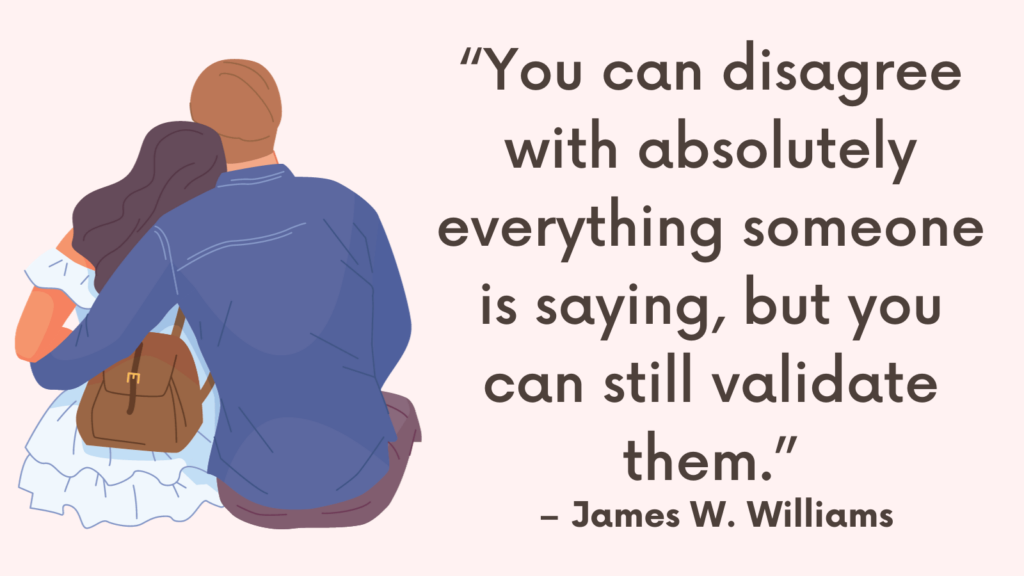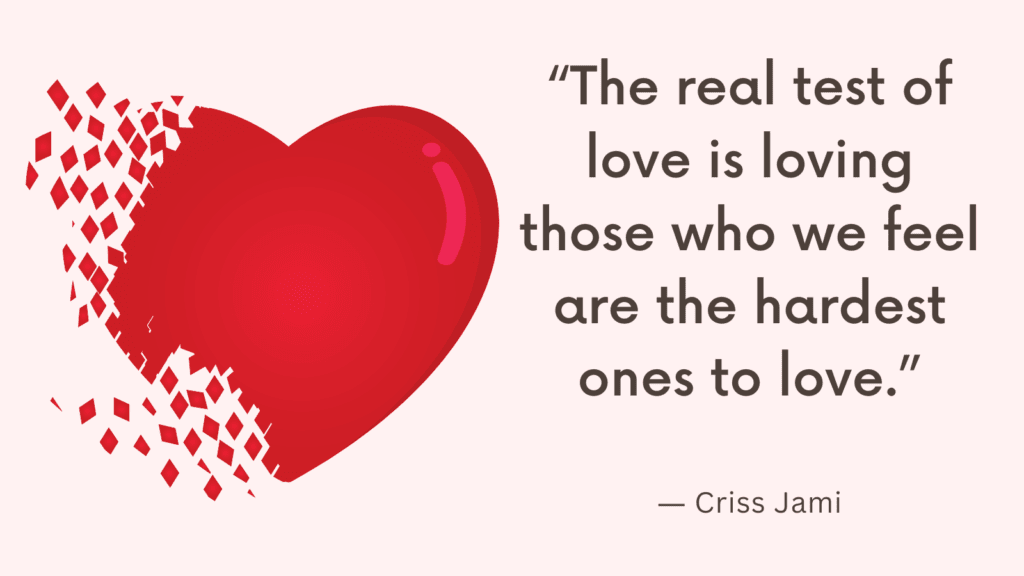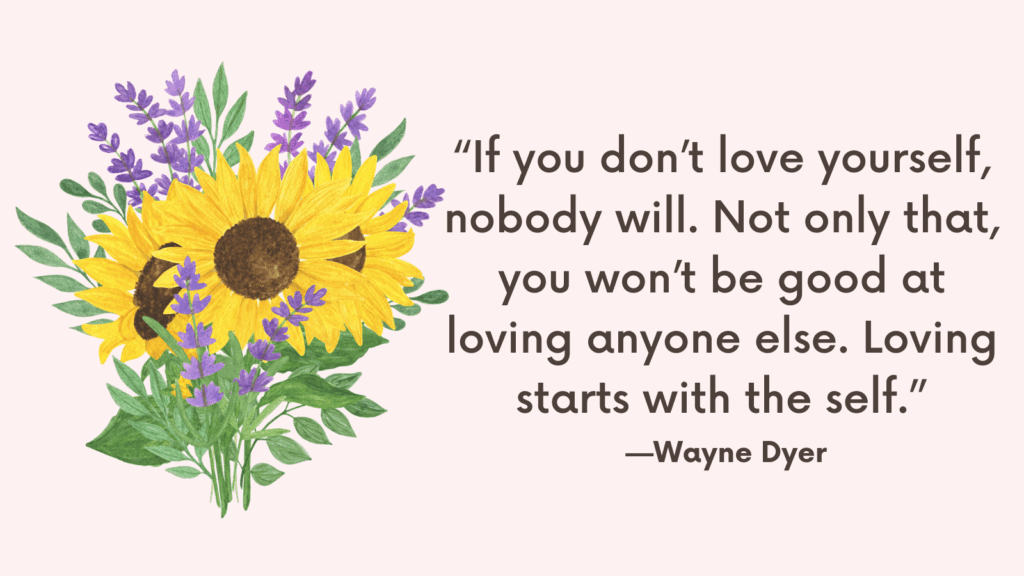This post contains toxic communication styles to avoid in a relationship.
Toxic Communication Styles to Avoid In a Relationship
Here are some toxic communication styles to be mindful of:
1. Criticism
Criticizing your partner’s character or behavior rather than addressing specific issues can be destructive.
It can create defensiveness and hurt feelings, hindering productive dialogue.
2. Defensiveness
Becoming defensive in response to your partner’s concerns can prevent genuine understanding and resolution.
It often results in escalating conflicts rather than fostering mutual respect and empathy.
3. Contempt
Expressing contempt, such as through sarcasm, eye-rolling, or insults, conveys disrespect and disdain.
It undermines the emotional bond between partners and can cause lasting harm.
4. Stonewalling
Withdrawing from communication and emotionally shutting down can leave a partner feeling abandoned and unheard.
It blocks the opportunity for resolving issues and building intimacy.
Related: How To Validate Someone’s Feelings Without Agreeing? (+Examples of Validating Statements)
5. Invalidation
Dismissing or minimizing your partner’s feelings and experiences undermines their sense of worth and can lead to feelings of isolation and resentment.
6. Blame-Shifting
Focusing on attributing blame rather than taking responsibility for one’s own actions can breed a culture of deflection and avoidance of accountability.
7. Emotional Manipulation
Engaging in manipulative tactics, such as guilt-tripping, gaslighting, or playing the victim, can lead to a lack of trust and a sense of emotional instability in the relationship.
8. Passive-Aggressiveness
Indirectly expressing hostility or anger, often through subtle jabs or intentional avoidance, can create an atmosphere of tension and suspicion, eroding open and honest communication.
9. Over-Generalization
Making sweeping negative statements about your partner’s character or behavior, such as using words like “always” and “never,” can lead to feelings of hopelessness and damage self-esteem.
10. Lack of Empathy
Disregarding or downplaying your partner’s emotions and experiences can create a sense of disconnection and emotional distance in the relationship.
Toxic communication styles can contribute to a breakdown of trust, emotional safety, and intimacy within a relationship.
It’s important to address these patterns by cultivating healthy communication skills.
This involves active listening, expressing empathy, showing respect, and being willing to engage in open and honest dialogue.
Related: How To Respond To Invalidation? Top 7 Things You Can Do
Positive Communication Styles
Instead of engaging in toxic communication, strive to foster the following positive communication styles:
1. Active Listening
Give your partner your full attention, show empathy, and reflect back what you’ve heard to ensure understanding.
2. Use “I” Statements
Express your feelings and needs using “I” statements to avoid sounding accusatory or critical.
3. Empathy and Understanding
Seek to understand your partner’s perspective and validate their emotions, even if you don’t agree with them.
4. Respectful Disagreement
Acknowledge that it’s natural to have differing viewpoints and aim to express disagreements respectfully, without resorting to personal attacks.
Related: How to Respond When Someone Is Being Vulnerable?
5. Openness and Honesty
Create an environment where both partners feel safe to express themselves openly and honestly without fear of judgment or reprisal.
6. Problem-Solving Skills
Work together to find solutions to challenges, focusing on cooperation and compromise rather than winning or losing.
7. Express Gratitude
Regularly expressing gratitude and appreciation for each other can foster a positive atmosphere and strengthen the emotional bond.
8. Non-Verbal Communication
Pay attention to non-verbal cues and body language, as they can convey important emotions and messages.
By adopting these positive communication styles, couples can cultivate healthier, more fulfilling relationships built on mutual understanding, respect, and emotional connection.
Related: 4 Essential Keys To Effective Communication

Conclusion
It’s important to recognize that communication is a cornerstone of healthy relationships.
Toxic communication styles can erode the foundation of a relationship and lead to misunderstandings, conflict, and emotional distress.
Identifying and avoiding these toxic communication patterns is crucial for nurturing positive and meaningful connections with our partners.



